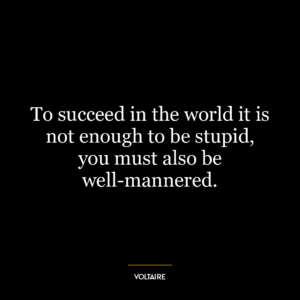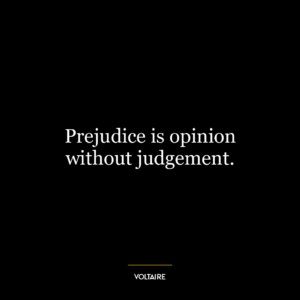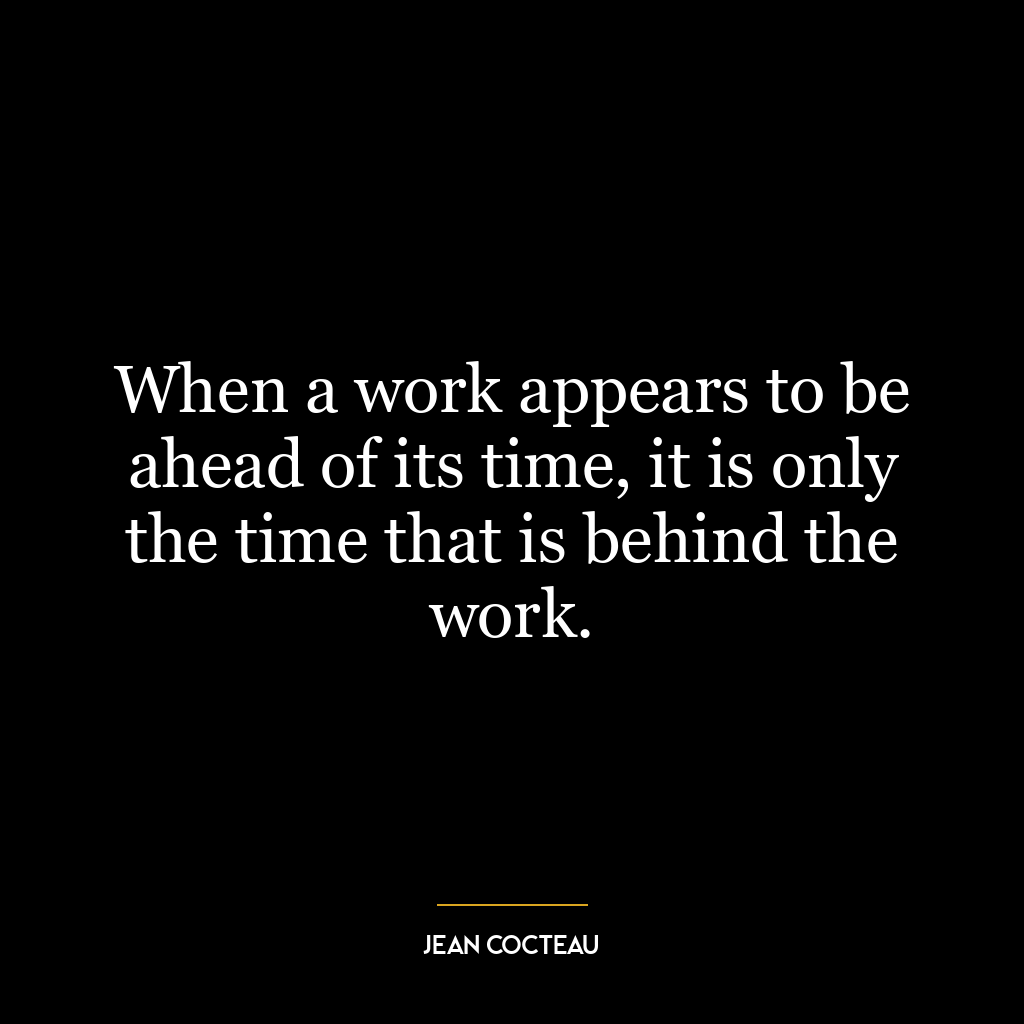Most of my life has been one tragedy after another, most of which hasn’t happened.
This quote implies that a significant portion of our lives can be consumed by worrying about potential tragedies that may never actually occur. The human mind has a tendency to anticipate the worst possible outcomes, often leading to unnecessary stress and anxiety. In essence, we create tragedies in our minds that are as real and as distressing to us as actual events, even though they have not happened and may never happen.
The depth of this quote lies in its exploration of the human tendency towards negative anticipation. We often fear the future, projecting our insecurities and doubts onto it, which can lead to a self-fulfilling prophecy of sorts. The tragedies we imagine may not have happened yet, but the fear and stress they induce are very real and can affect our mental and physical health.
Applying this idea to today’s world, especially in the context of personal development, it becomes evident that managing our thoughts and fears is crucial for our well-being. In a world dominated by news of tragedies and uncertainties, it’s easy to fall into the trap of imagining the worst. However, this quote reminds us that most of these imagined tragedies never materialize.
For personal development, this quote can serve as a reminder to focus on the present and not let our fears of the future consume us. It encourages us to practice mindfulness, to accept uncertainties, and to understand that worrying about an event does not prevent it from happening. It’s about learning to differentiate between what’s in our control and what’s not, and focusing our energy on the former.
In essence, this quote is a call to free ourselves from the self-imposed mental prisons of ‘what ifs’ and to live more in the ‘what is’, thereby leading a more peaceful and productive life.












